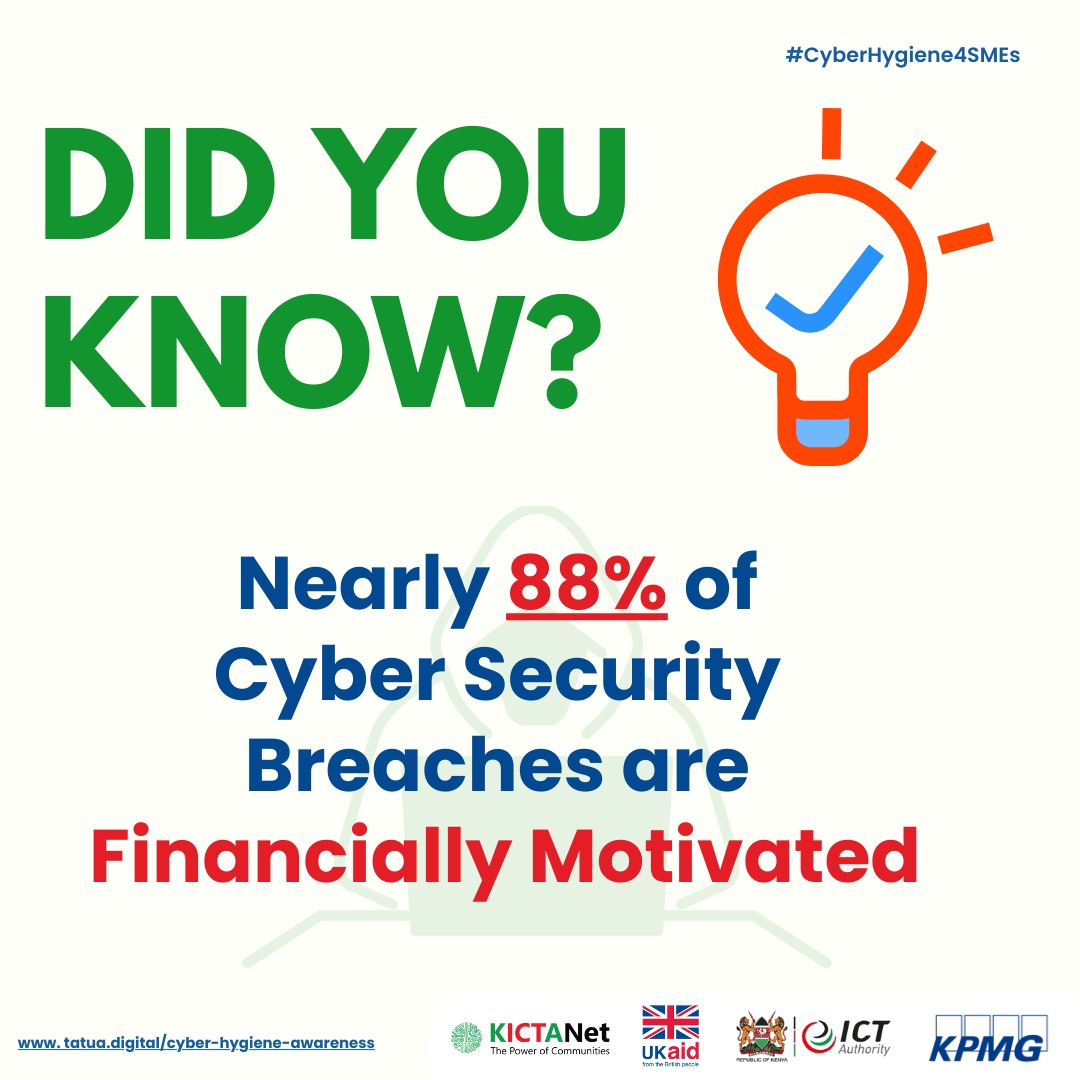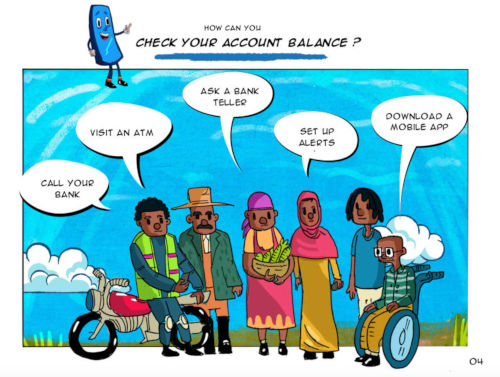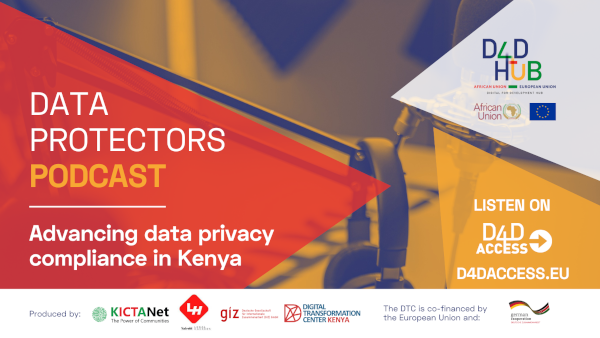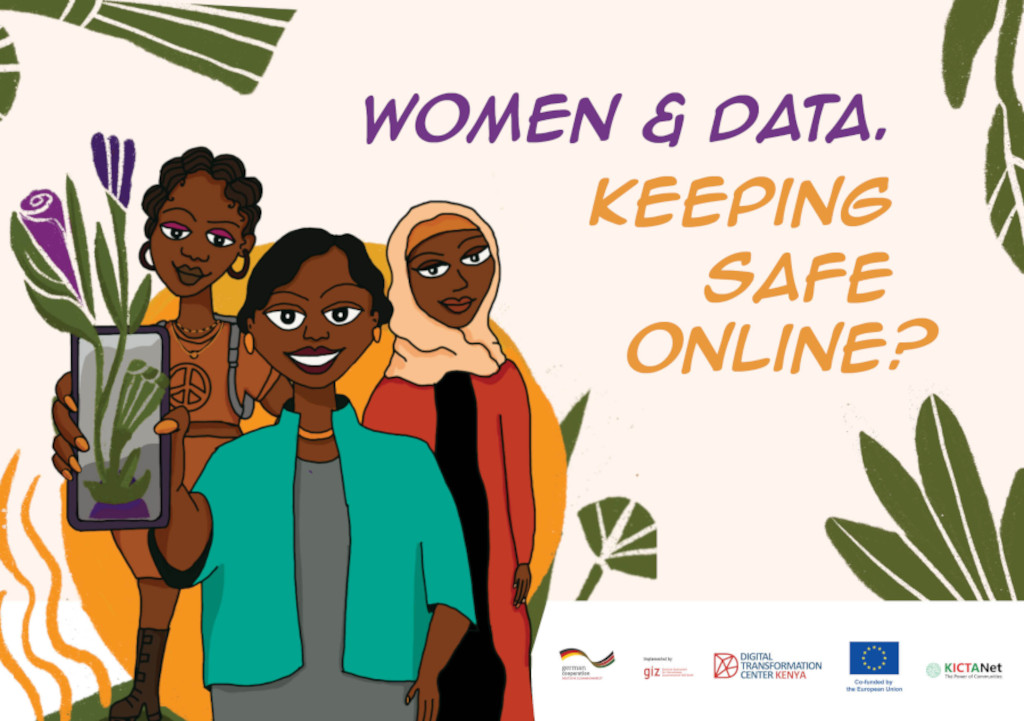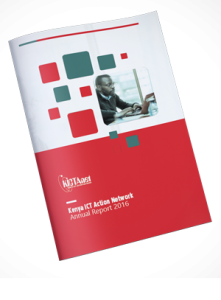KICTANET POST : Latest news, events & opportunities
Impairments vs Barriers: Disability Defined
By Nicodemus Nyakundi Sightsavers, a charity organisation promoting and supporting the social inclusion of blind children and adults, organised a training on Inclusive Education (IE) in early February. This training aimed to disseminate the meaning of inclusive...
Is ICT Infrastructure Hogging All The Attention?
By John Walubengo The Kenya Kwanza Manifesto aka ‘The Plan, ’ states on information and communications technology (ICTs) as follows: [Provide] Universal broadband availability throughout the country within five years. We shall increase and fast-track broadband...
M-Pesa Fixes Wrong Agent Withdrawals with the Latest Feature
By Florence Awino We were in Diani, Kwale County, trying to pay for some dresses in a gift shop that did not accept M-PESA payments. We had only two options; to use a debit card or cash, but it kept glitching, and we had no cash at hand So we stepped outside the...
Fake Academic Certificates: How to Deal With Them
By John Walubengo Kenya's 2022 Elections witnessed a fair share of educational certificates saga. Having a university degree was a prerequisite to being a candidate for some of the top seats in the country, and there was a lot of doubt about whether some candidates...
What is Inclusivity in ICT?
By Nicodemus Nyakundi The Kenyan government initiated the rollout and implementation of internet infrastructure to serve the unserved and underserved, promote ICT access equity, and narrow the digital divide. Currently, the government is shifting its services online...
Kenya’s Digital Transformation: e-Governance Curriculum Development Launched
By Tabitha Wangechi Kenya is taking significant steps towards enhancing digital transformation and e-governance in the country and Africa. One key initiative in this direction is the Training of Trainers Workshop on E-Governance and Digital Transformation at...
Towards Efficient and Effective Universal Service and Access Funds in Africa
Universal service is one of the core mandates of telecommunications regulators and governments. It is anchored on three principles: access, affordability, and availability. To achieve this, approaches such as market-based reforms and mandatory service obligations have...
Can We Change the Script for Kenyan Women in Politics and Their Digital Campaigns?
By Florence Awino The face of political campaigning in Kenya has changed with the popularity of digital platforms in the last three general elections. Politicians conducted online campaigns during the 2013 general election primarily through social media platforms such...
CA to fund network expansion in marginalised regions
The Communication Authoring Kenya (CA) has released a tender under the Universal Service Fund (USF) for the provision of Telecommunications Mobile Active Infrastructure and services in the unserved and underserved areas of Kenya. The purpose of the USF is to support...
KICTANet is a multi-stakeholder Think Tank for ICT policy and regulation. The Think Tank is a catalyst for reform in the Information and Communication Technology sector. Its work is guided by four pillars of Policy Advocacy, Capacity Building, Research, and Stakeholder Engagement.
KICTANet’s mission is to promote an enabling environment in the ICT sector that is robust, open, accessible, and rights-based through multistakeholder approaches.
During the 2022 – 2024 strategic period, KICTANet has prioritised the promotion of effective multistakeholder participation; an enabling legal, policy and regulatory environment; building capacities and empowered communities; and institutional strengthening. KICTANet’s guiding philosophy encourages synergies in ICT policy-related activities and initiatives. As such, the network provides mechanisms and a framework for continuing cooperation, engagement and collaboration in ICT matters among industry, technical community, academia, media, development partners, civil society and government.
_____
Strategic Priority.
- Convening power. To strengthen and promote engagement, collaboration and relationships with relevant stakeholders (state, business and non-state actors).
- Promoting an enabling environment. To catalyse policy, legislative and regulatory reforms in the ICT sector.
- Building capacities and empowered communities. To build the capacity of the stakeholders across government, business society and civil society and the citizens.
- Institutional strengthening.
The report outlines the work undertaken in between 2007 and 2016 which is underpinned by crowd sourcing and community engagement
Click here to download the report
FACTS AND FIGURES
Achievement of the Network over the Years
Publications
Thought Leadership Forums
Persons trained
Policy Interventions
Conversations in KICTANET listserv
Active listers contributing often
Different conversation threads
Impressions on ICT policy discussions
Our Pillars
KICTANet’s organisational strategy:
Policy Advocacy
Capacity building
Research
Stakeholder engagement
We facilitate stakeholder engagement through collaborative initiatives in face-to-face Town Hall meetings, and in the KICTANet?s interactive mailing list where multiple stakeholders engage regularly on ICT policy issues.


